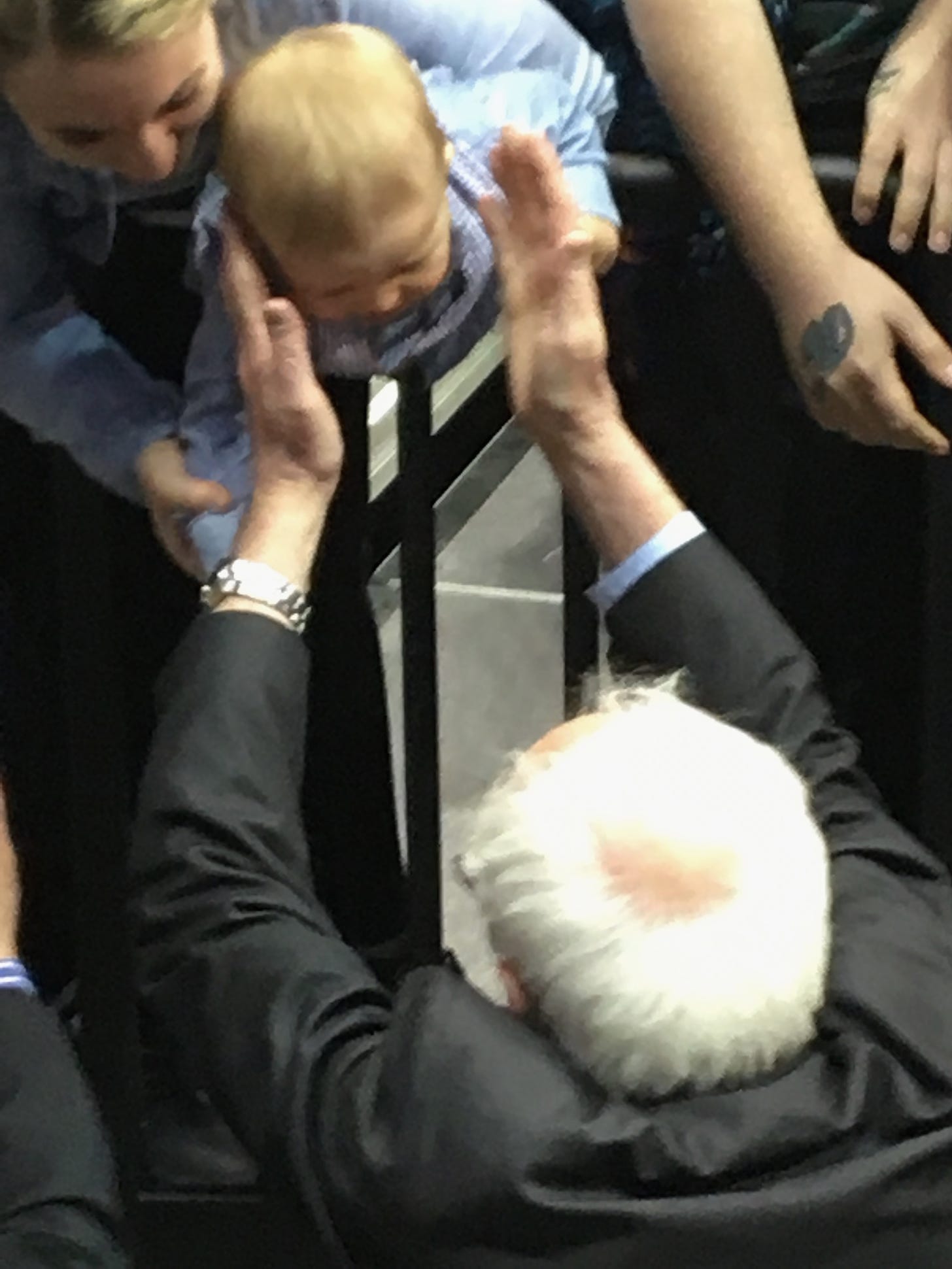
There are really two questions to ask about poverty: Whether individuals can pull themselves out of poverty in a system set up to punish the poor, not help them; and whether our entire country can greatly reduce or eliminate poverty through government action.
I’ve been thinking about these issues lately because I’ve seen an overwhelming number of social media comments, and comments on opinion pieces and longer form articles that rail against even the mere mention of helping the poor. Generally, the comments amount to: “Tell the lazy bums to get a job and stop living off the rest of us.”
Don’t we wish it were this easy? For example, in the last 40 years or so, wages have remained stagnant while the cost of living has gone up…and up. Below is a 2018 chart from the Pew Research Center that shows just how stark the difference is. While wages have risen since 2018, prices for the cost of goods and services have skyrocketed, making today’s purchasing power of the average worker about the same as it was 40 (or 50) years ago.
According to Peter Temin, MIT Economist, from his book, The Vanishing Middle Class: Prejudice and Power in a Dual Economy:
“Escaping Poverty Requires Almost 20 Years With Nearly Nothing Going Wrong.”
How does that statement sit with you? Do you believe it? How about when nothing goes right for an individual, or a entire race or gender? Getting sick or injured happens. Then what? Although I have only skimmed this book for now, I can see that Temin’s multi-layered analyses of purposeful public policies and systemic racial prejudices stemming from slavery, demonstrate how the poor are kept in their place. What I love about his conclusions is his characterizations of our laws and policies as choices. Of course our government has the ability and the power to make different choices—choices that favor a more just social and economic system in which nearly all of us can thrive, rather than just an elite few.
But here’s what Temin says about what policy choices our government has made to date: “The choices made in the United States include keeping the low-wage sector quiet by mass incarceration, housing segregation and disenfranchisement… “
And it’s quite clear that each of these specific policy choices Temin highlights are both overtly racist, and remain part of our laws and culture today.1
In Crime and Punishment, I’ve discussed many of the reasons why the poor stay poor in America: usury interest rates on loans, credit scores made up by for-profit companies, punishing personal bankruptcy laws, our country’s poor social safety net, and I have yet to tackle one of our most detrimental policy choices—privately operated, for-profit health care. Each one of these accepted ways our society operates favors business over the individual and makes it more difficult for both individuals in financial need and the poor population as a whole to escape the poverty trap. Once we collectively understand who makes these laws and policy choices and why, we can empathize, rather than react with scorn, when a few of our more bold political leaders propose ways to narrow the now startling gap between the rich and poor with federal programs.
But there is another variable that might account for the ability to pull oneself out of poverty and that is luck, the proverbial “being in the right place at the right time.” For example, maybe if one of the jobs you interviewed for said “yes” instead of “no”, or you just happened to be talking with a friend of a friend who had a job opening you might be suited for, or whatever serendipitous moment led you to a way to earn a good income. Or not.
Malcolm Gladwell, the prolific and best selling author and speaker, wrote, among many fascinating books and articles, “Outliers The Story of Success” in which he discusses the variables that lead a person to achieve exceptional success and/or money. Gladwell emphasizes that “The biggest misconception about success is that we do it solely on our smarts, ambition, hustle and hard work, … There's an awful lot more that goes into it than we admit." And one of those variables is just plain good luck. The good fortune, for example, to be born into a nurturing family with the assets to afford a high quality education for their children or to be born during a technological boom and have unlimited access to computers (like Bill Gates).
“When asked what message he wanted people to take away after reading Outliers, Gladwell responded, "What we do as a community, as a society, for each other, matters as much as what we do for ourselves…”
Think about what our country can do to help people who aren’t so “lucky” reach their full potential, and at the bare minimum, help them escape the cycle of poverty.
Enjoy listening to Malcolm Gladwell discuss “Outliers”.
A note to make you aware of my writing schedule… My posting has been a little off lately because I’m getting ready to move at the end of April. But I will return to two full posts per week, generally published on Thursday and Sunday by May. For this week only, I’m combining my mid-week post with Sunday Evening Reads. Happy Easter, Passover and Spring to all who celebrate!
Feel free to share your thoughts in the Comment Section below.
And if you are not already a free or paid subscriber, it’s easy to sign up right now.




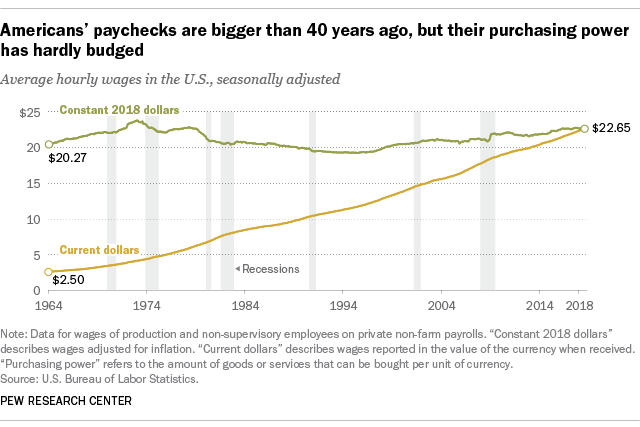


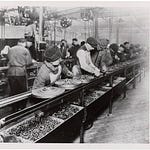



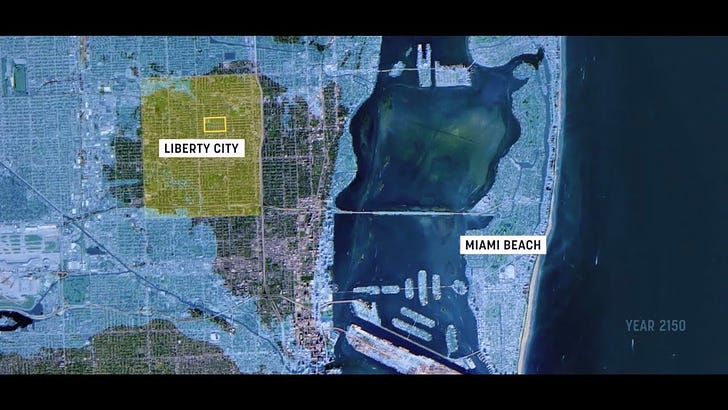


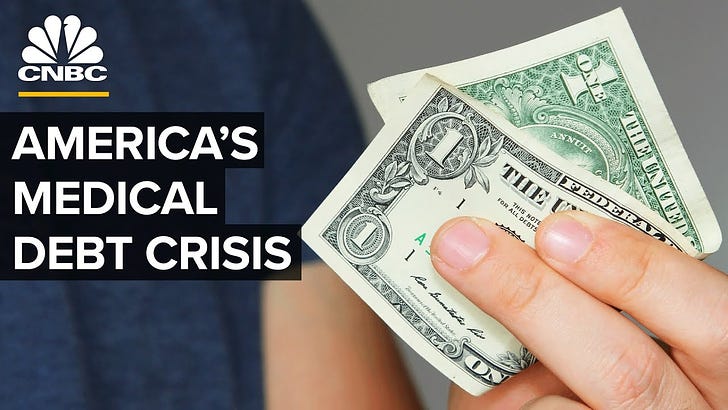
Is It Possible To Break The Cycle of Poverty?